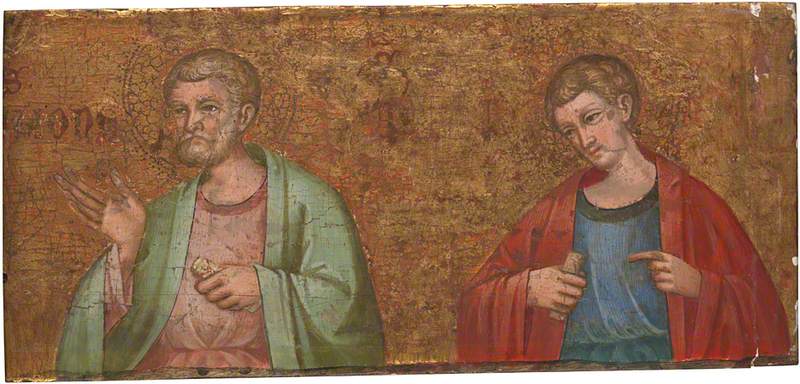“And many charged him that he should hold his peace: but he [blind Bartimaeus] cried the more a great deal, Thou Son of David, have mercy on me. And Jesus stood still, and commanded him to be called…” (Mark 10:48-49)
As Jesus passed through Jericho, a blind beggar named Bartimaeus cried after the Lord to have mercy on him and heal him. Jesus did not answer him at first and those in Jesus’ crowd told Bartimaeus to hold his peace, to be quiet, to which he responded by crying even more. Jesus took note of the tenacity and persistence of Bartimaeus’ petition. Jesus “stood still” and heard the cries of this beggar. Even when our prayers might not seem to be “getting through” to the Lord, we can always know that Jesus “stands still” to take note of the cries of his children.








